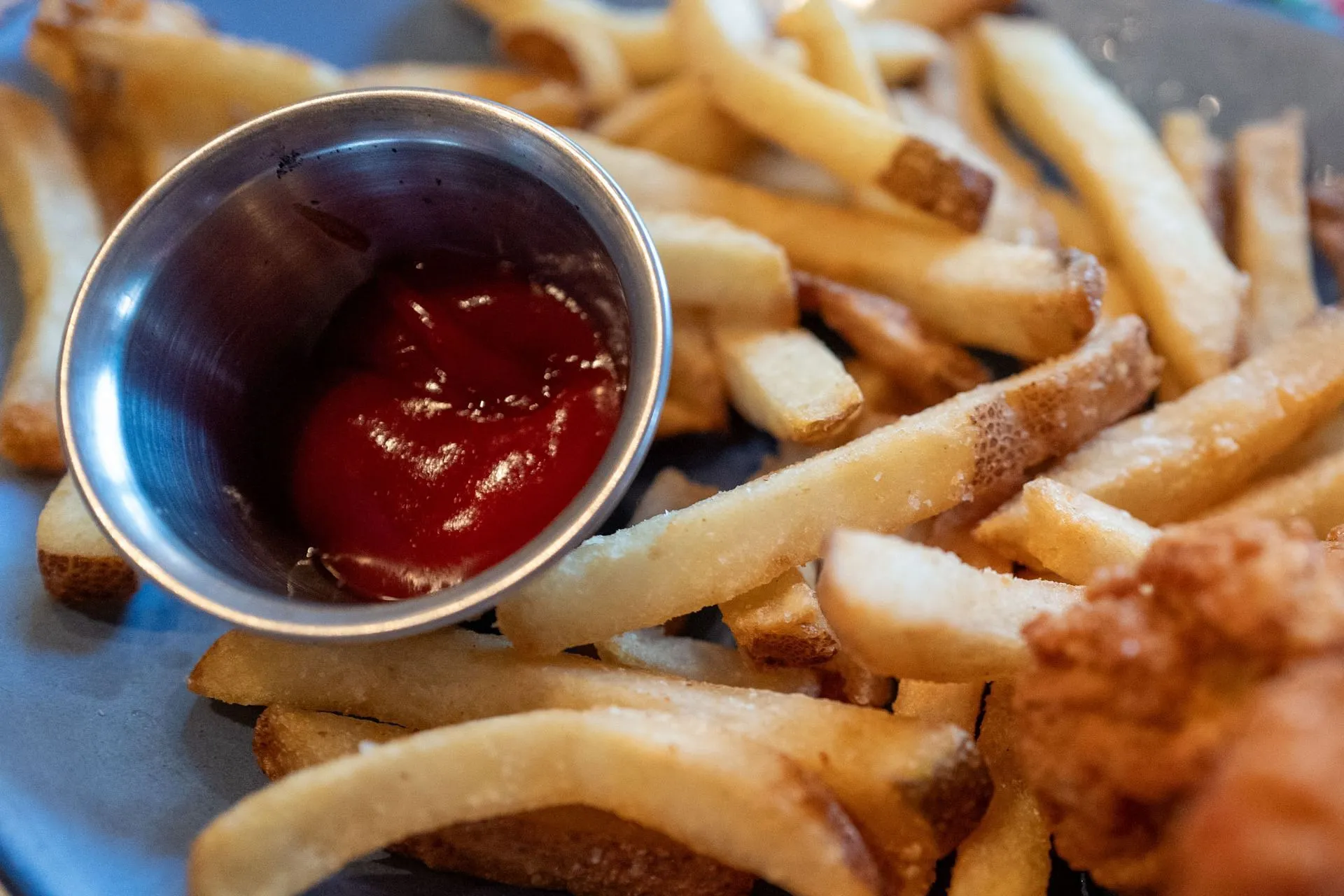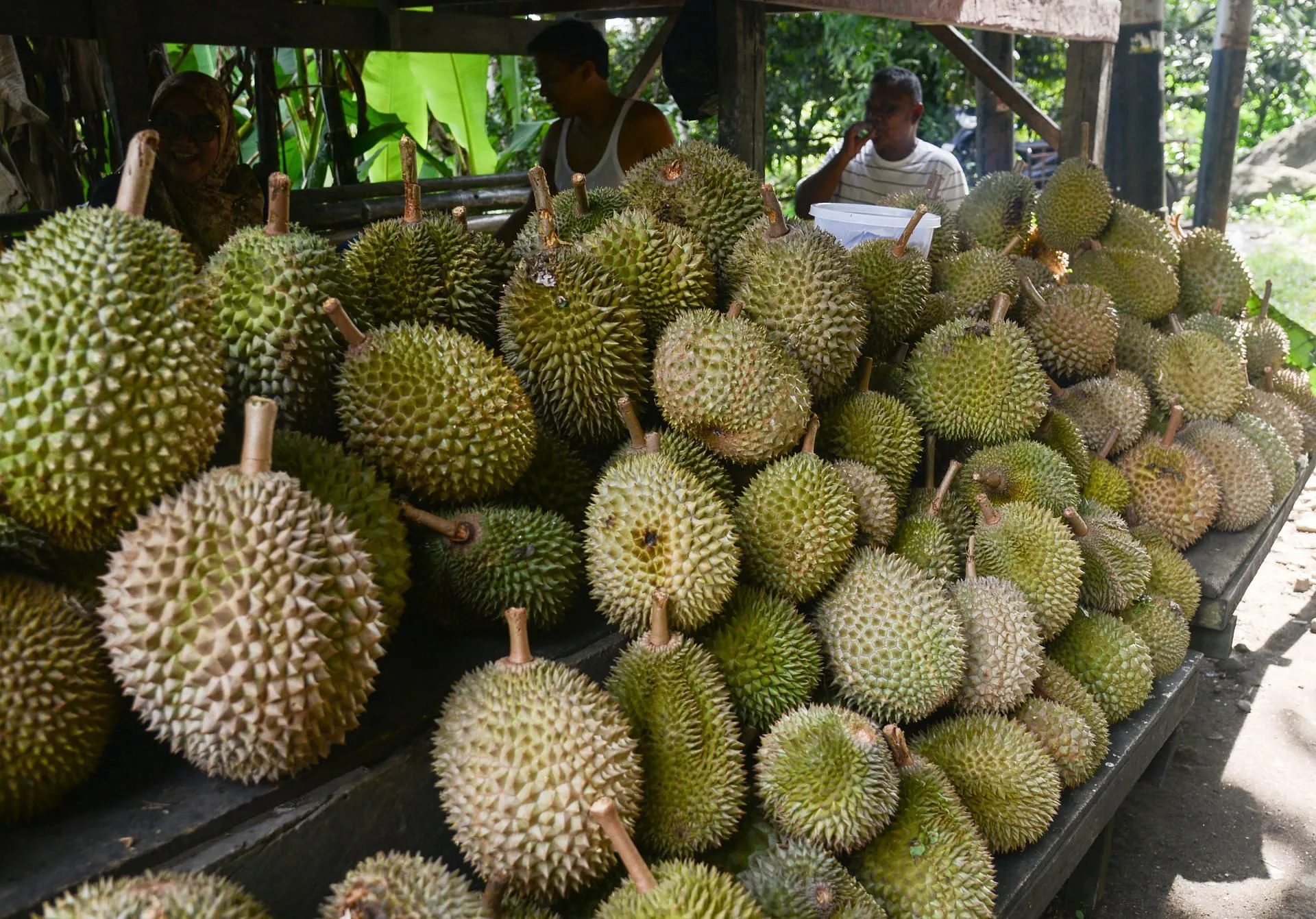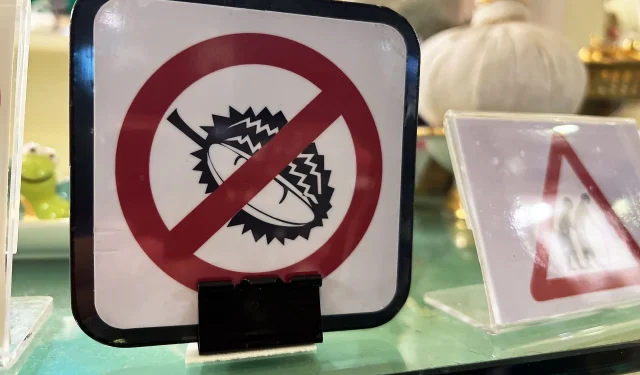In various countries across the globe, some foods are prohibited due to health, safety, or cultural considerations. While certain bans stem from clear health risks, others arise from historical traditions or societal norms, leading to surprising regulations around common food items. Foods that people enjoy in one nation may be completely unacceptable or even illegal in another, showcasing a diverse landscape of culinary regulations influenced by distinct cultural perspectives.
Some notable examples of banned foods include the restriction of unpasteurized cheese in the United States, the prohibition of ketchup in French schools, and Singapore’s ban on chewing gum. In this article, we explore five intriguing cases of food bans and the unique reasons behind these regulations.
Ketchup: Limited Availability in French Schools
The French have a deep-seated pride in their culinary heritage, viewing the preservation of traditional cooking methods as paramount. Though ketchup is a globally popular condiment, it was regarded as a threat to the integrity of French cuisine.

In 2011, the French government enacted a regulation that permitted ketchup in school cafeterias only when served alongside French fries. This initiative aimed to foster an appreciation for French flavors among youth, steering them away from processed condiments. While some criticized the ban as excessive, others lauded it as essential for safeguarding culinary traditions. This restriction remains active in many school environments across France.
Interestingly, ketchup has faced scrutiny in other regions as well, including a ban from training canteens in several Premier League clubs in the UK due to its high sugar content. Moreover, in 2015, Heinz had to alter its branding in Israel, renaming their ketchup as “tomato seasoning”to comply with local regulations regarding tomato concentrate levels.
Chewing Gum: A Total Ban in Singapore
Singapore implemented a chewing gum ban in 1992 as part of its broader commitment to maintaining public cleanliness. The city-state is renowned for its stringent policies against public disorder, and chewing gum was identified as a significant contributor to litter and vandalism.

While traditional chewing gum remains prohibited, an exception was introduced in 2004 for therapeutic gums, such as those containing nicotine for smoking cessation. These gums require a prescription and can only be obtained through licensed pharmacists, reflecting Singapore’s emphasis on public health and order.
Kinder Surprise Eggs: Prohibited in the United States
Kinder Surprise eggs, popular in Europe, have been banned in the United States for decades due to safety concerns related to choking hazards for children. The U.S. Food and Drug Administration (FDA) prohibits any food item containing a “non-nutritive”object, which makes the inclusion of toys inside these chocolate treats illegal.
In response to the U.S. market restriction, Ferrero launched the Kinder Joy in 2018, offering a similar experience with chocolate and a toy in separate compartments, effectively addressing safety concerns.
Haggis: Offlimits in the United States
The traditional Scottish delicacy, haggis, has faced a longstanding ban in the United States since 1971, primarily due to health regulations concerning the use of sheep lungs. The U.S. Department of Agriculture (USDA) prohibits the consumption of animal lungs to mitigate health risks linked to potential contamination during processing.
Haggis consists of minced sheep heart, liver, and lungs combined with oats, onions, and spices, traditionally encased in a sheep’s stomach. While food enthusiasts and individuals of Scottish descent lament the ban, many consumers find the notion of consuming sheep lungs unappealing. As of 2025, this prohibition remains firmly in place.
Durian: Banned on Public Transport in Various Nations
Known as the “king of fruits,”durian is notorious for its potent odor, which has been described as resembling rotten onions or sewage. Despite the aroma, those who have sampled durian often describe its rich, custard-like texture and complex flavor profile as delightful.
The intense smell has led to its prohibition on public transport in several countries, including Singapore, Thailand, Japan, and Hong Kong. Many hotels and residential buildings also display “No Durian”signs at their entrances.

Despite its controversial reputation, durian is celebrated in Southeast Asia for its nutritional benefits and versatility in both desserts and savory dishes. Advocates argue that the bans are exaggerated and that the fruit’s unique flavor compensates for its smell. However, for those unacquainted with durian, the odor can be overwhelmingly off-putting, leading some locals to avoid it entirely.
These food bans illustrate the complex intersection between culture, health considerations, and regulatory measures. What may be deemed a delicacy in one nation can be viewed as unsafe or unwelcome in another. The reasons for these restrictions vary—some, like the Kinder Surprise ban, focus on health risks, while others, such as Singapore’s chewing gum and durian prohibitions, emphasize maintaining public order.
Ultimately, food identity plays a significant role in shaping public policy. As society evolves, the relevance and necessity of certain restrictions—whether they pertain to haggis or processed dairy—are continually debated. With health awareness on the rise, new trends may emerge, affecting the landscape of food regulations globally.


